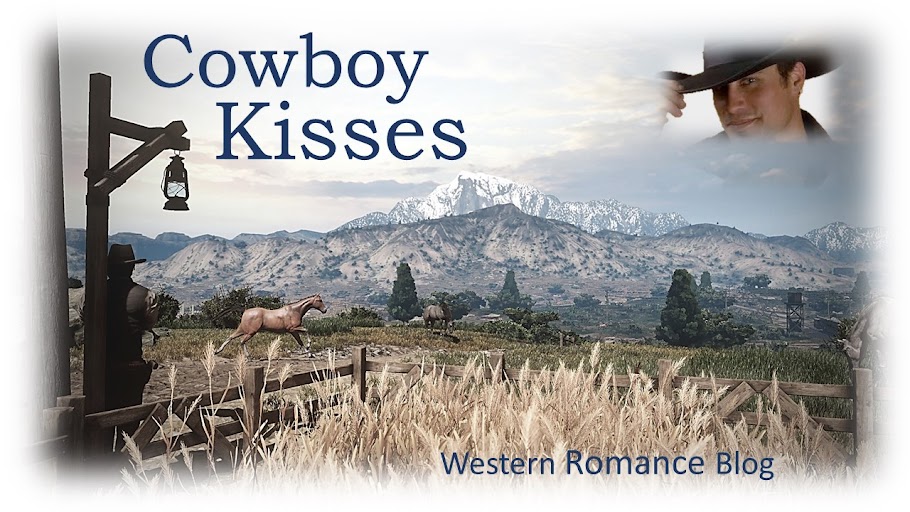 |
| courtesy of nvdmyeloma.blogspot |
Whether
on the silver screen or within the tattered pages of a book, many of us enjoy a
good villain. We remain glued to a script detailing police chasing down a
serial killer. A land baron swindling his neighbor out of water rights. A cad
cheating on his naive, unsuspecting wife. The more despicable the act, the more
our pulses pound. The more we cheer for the good guy. The more we enjoy a
love-hate relationship with the bad guy. But what makes for a good villain?
Two
of my all-time favorite villains are J.R. Ewing and Abby Ewing. Both were
daring, ruthless, selfish, and egotistical. Whether scheming, cheating,
backstabbing, or bed-hopping, millions of people tuned in each week to watch
their next cunning move. The bigger the risk, the more we cheered, hoping
they’d get caught while secretly rooting they’d get away with their latest
endeavor. But for as many scandals as they caused, for as many people they
bankrupted and the numerous hearts they stomped on, there was another reason
viewers connected with them. Each had a vulnerable side.
 |
| courtesy of mumu2901 |
Abby
Ewing’s soft spot was her children. Like any mother, she loved her son and
daughter and would never sacrifice them for her latest scheme. Nor would she
sacrifice another woman’s children. We saw how much she valued children when a
colleague kidnapped Val’s twins. Unbeknownst to Val, Abby did what she could to
locate and return Val’s children.
In
drafting a television show or a novel, a villain should be developed with the
same care and concern as the hero and heroine. A villain is like an onion,
filled with layers. The first layer is the crime he commits to grab our
attention. His second layer is his vulnerability to connect with us. The last
layer is his reason for why he does the things he does, some sort of misery
meant to pull at heartstrings and secure a bond between him and us. For Abby,
her poor-to-average upbringing instilled in her a desperate need for wealth.
J.R.’s last layer stemmed from his upbringing, too. His parents came from a
poor background, struck oil and became rich. As the first son, it was up to J.R.
to maintain the family wealth and make the Ewings more powerful in the oil
industry than his father had.
 |
| Courtesy of Prophecy Six Blog |
**Larry Hagman photo courtesy of Quotesgram


No comments:
Post a Comment